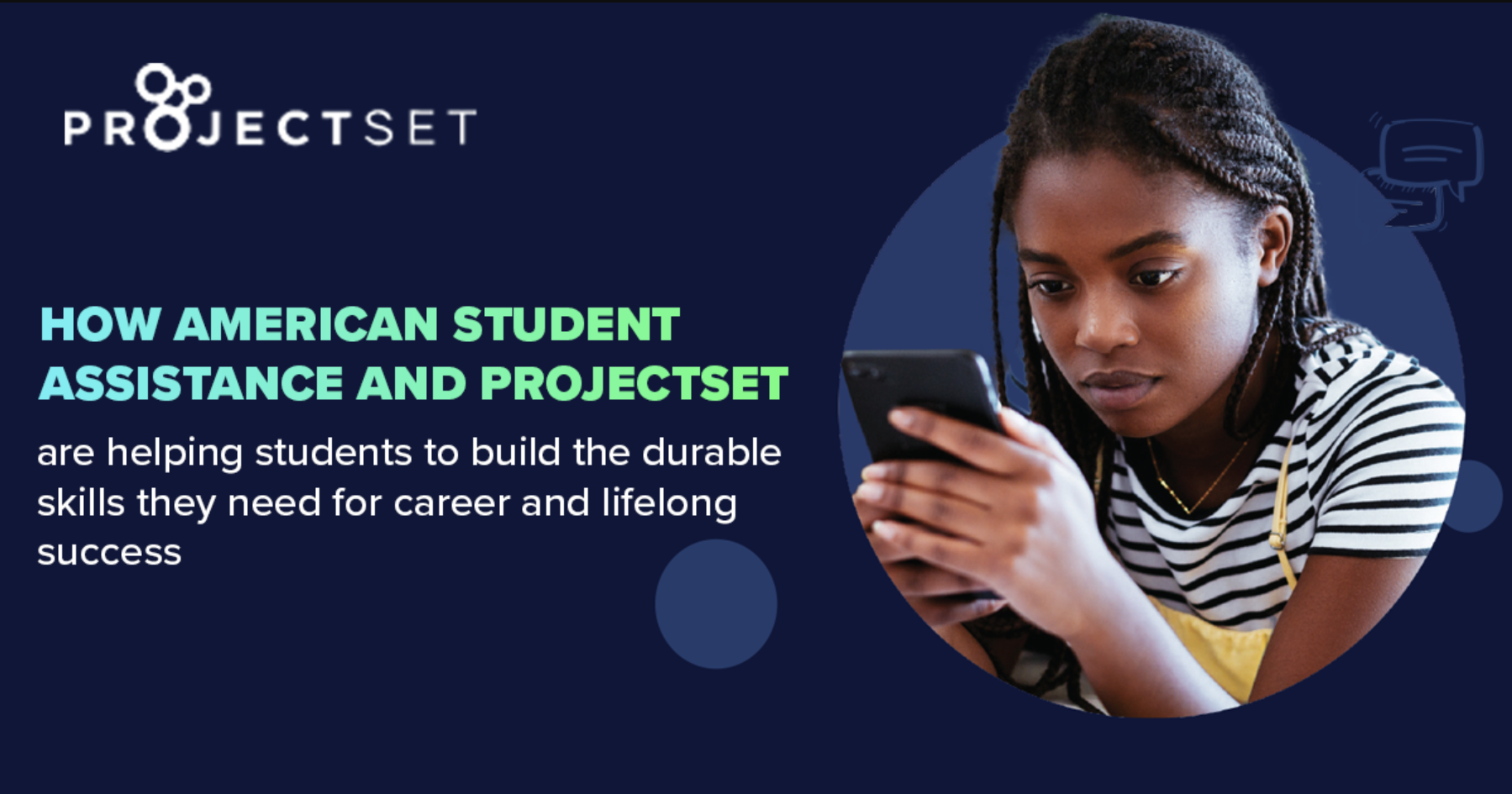Tips for Transitioning to Online Learning
Sep 28, 2020
Preparing for online learning at university can seem like a challenge. However, through this article we shall offer four simple tips to help you with the transition. We will share methods to make online learning easier and how to make the most of your virtual environment.
The Challenges of Online Learning
The two main challenges for students in online learning are engagement and communication with peers. A number of research pieces support this. For example, a recent survey of more than 1,000 college students by Digital Promise, a non-profit organisation, reported heavy anxiety towards two main factors; interest in course content and opportunities to collaborate with other students. With 42% of students saying that staying motivated to do well will be a major problem for them, it is clear that students need support in this transition.
Tips for Online Learning
Tip-1: Active listening
Active listening is the process of fully comprehend what is being said and being able to both respond and remember what was conveyed. This type of listening normally occurs when we’re fully engaged in a conversation. In contrast, passive listening is associated with less-interactive processes such as watching a tv show where we retain much less information than when we listen actively. This makes it harder to remember your lecture content or the conversation you have had. So, improving your active listening skills will be very important if you’re looking to focused in an online class.
To engage in active listening, practice keeping track of your focus. For example, when watching a lecture have some paper to hand and put a strike every time your mind strays. It can also be helpful to limit distractions, such as putting your phone on silent.
For ways to encourage an active listening environment think of preparing before class. Similarly, pausing the video in an asynchronous class or engaging with the professor in a synchronous class will also help you listen actively and retain information. In addition, repeating or writing down what you just actively listened to can improve your memory (Forbes).
Several free apps are available to help active listening. For example, Forest, helps you limit your phone usage while working, by planting trees which are attached to timers. In order to nurture your garden, you cannot go on your phone during the allocated time. Without such distraction as your phone you can engage more in active listening.
Tip-2: Communication
Communication skills relate to the anxiety student feels towards not being able to collaborate with others. Not only may there be a lack of opportunity without physical classrooms, but often people struggle to communicate successfully online. Therefore, better communication also leads to improved collaboration.
Communication skills come hand in hand with active listening, as to address a problem you need to first understand it. If you are trying to communicate with someone it is important to first understand what they are trying to express before responding.
To improve your communication skills, it is also important to improve your confidence. Virtual learning can be great for building confidence because you don’t have the social peer pressures you might otherwise experience in person. The key is summoning up the courage to raise your hand (virtually) and ask your question.
To improve your classrooms collaboration, we recommend either asking your lecturers to introduce group projects to the syllabus or partnering up with a study buddy. Working in a group will help you communicate more and should improve engagement with the course.
If you are working on a group project try Miro to collaboratively mind map your ideas. It’s very easy to use, whether you need to shift branches around, zoom in or out, or edit what you’ve written.
Tip-3: Managing your Workload
Developing your ability to manage your workload will not only help transition to online work but also improve your engagement in online learning programs.
Moving to online learning has meant students have to work more independently and manage their workload. The Aston University Women in Business Society helpfully suggest “breaking down your long-term goals into more manageable steps”. This way rather than feeling overwhelmed, you can visualise the individual tasks you need to do.
Another way to help you manage your workload is to make the most of your study time. You can work more efficiently if you are incentive to work, rather than waste long periods of time distracted. This also will help you stay engage with the task at hand.
A key aspect of improving your focus is giving yourself a motivation or incentive to complete your work. For online learning, the incentive can be long-term (e.g. a coveted job) or a short-term one (e.g. doing well in the exam). Very often, the short-term incentives are consistent with the long-term ones. A clever trick to help incentive your work is to reward yourself for working. According to Charles Duhigg’s ‘The Power of Habits’ this will help create habits cycles that associate your work with enjoyment, much like you experience when exercising or watching TV.
Trello is a useful website to help you manage your workload. Their platform will allow you to schedule your tasks, attach deadlines and create columns for different timelines (e.g., ‘to do’, ‘working on’, ‘complete’, etc.). You can also use Trello collaboratively with a team for a group project and assign tasks to specific people.
Tip-4: Nurturing Soft Skills
Although transitioning to online learning may at first seem tricky, it provides a wealth of opportunities to improve core soft skills that will be useful in later life.
For example, building personal motivation and focus skills will be key to both your virtual learning and your success in the future. Throughout life you will have to motivate yourself both at work and in your personal life.
The students on our platform often report that these skills, which they develop through their internships, help with their university studies. This is interesting because RateMyPlacement have notified a higher satisfaction rate in virtual internship as opposed to physical internships. Therefore, its important to note that the virtual space for online learning and internships can be both challenging but also beneficial.
To read more about what we’ve learnt from operating in the virtual space go check out our review of the 2020 virtual summer internship schemes … ‘Virtual Summer Internships: how did they go and is this the new normal’.
Consequently, if you are looking for ways to improve your soft skills consider taking on a virtual internship. In doing so you can develop these transferable soft skills, like communication, and use them to help with your university work. To learn more about the benefits of virtual internships read our article … ‘Flexible online internships - access anytime, anywhere’.
If you’re a student looking for internship opportunities check out the virtual schemes available on our website … https://projectset.com/students and sign up today.
We wish you the best of luck in your transition to online learning and if you have any questions or comments, we would love to hear from you! Check out our social media and drop us a message or fill out the contact form on our website … https://projectset.com/contact



